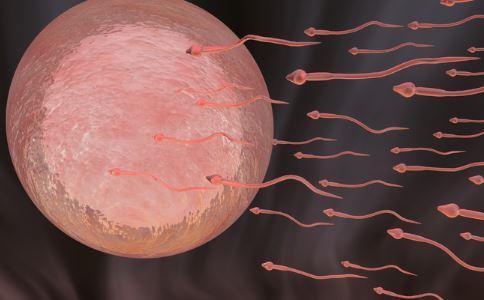Can Asthenospermia Get Better by Self-Conditioning?
Many male patients having asthenospermia are concerned about whether this disease can be self-conditioned. How should they regulate their daily lives if they don't want to take medication and want to regulate themselves?
Asthenospermia is low sperm motility, which is a very common male disease. The causes of it include diseases, lifestyle habits, psychological stress, and so on. Some men suffer from varicocele, orchitis, epididymitis, and other diseases, or the presence of immune factors, such as anti-sperm antibodies, can lead to this disease. Poor lifestyle and dietary habits are also one of the leading causes of asthenospermia. For example, prolonged sitting, lack of exercise, excessive alcohol consumption, smoking, and irregular diet may affect the health of the reproductive system. Other men ignore the hygiene of their private parts. If the male reproductive system is attacked by pathogens such as bacteria, mycoplasma, chlamydia, and other pathogens and becomes infected, the normal development of sperm may be affected.
In mild cases of asthenospermia, if the cause of the disease is removed, it may be cured on its own. Still, the vast majority of patients cannot be fixed independently and should undergo a detailed examination and treatment.
If there is a decrease in hormone levels, appropriate hormone supplements can be applied. If there is varicocele in the spermatic cord, surgery can be performed accordingly. If there is inflammation of the genitourinary system, antibacterial and anti-inflammatory treatment can be carried out.
For example, if it is caused by orchitis, epididymitis, or other inflammation of the reproductive system, the patient should eliminate the cause of the disease and cure it in time to get rid of the disease. Patients can choose the appropriate antibiotics for anti-inflammatory treatment but also can choose to take oral traditional Chinese medicine Diuretic and Anti-inflammatory Pill to eliminate the inflammation to achieve the purpose of curing the disease.

While treating the cause of the disease, patients can improve their lifestyle to regulate themselves. Specifically, they can refer to these practices below:
1. Improving lifestyle habits is the key to self-regulation of asthenospermia. Avoid sitting for long periods; you should get up and walk around occasionally for proper stretching and exercise. Secondly, maintain a correct sitting posture and avoid bad postures such as stilted legs and hunching over to minimize the pressure on the reproductive system. In addition, make sure you get enough sleep and avoid overexertion to keep your body healthy.
2. Adjusting your diet is another way to manage asthenospermia independently. Excessive alcohol consumption and smoking should be avoided to minimize the negative effects on the reproductive system. It is also important to increase the intake of vegetables, fruits, whole grains, and antioxidants such as C, E, and selenium to increase nutritional intake. In addition, avoid excessive intake of foods high in fat, sugar, and salt to maintain good health.
3. Increasing the amount of exercise helps to promote blood circulation and helps to keep the reproductive system healthy. Walking, jogging, swimming, etc., can be done appropriately to increase the amount of exercise. Regular exercise can also be taken, such as aerobic exercise 3-5 times a week, each lasting more than 30 minutes, to promote physical health. And you can reduce psychological pressure and keep an optimistic mindset.
Although self-conditioning for asthenospermia can help improve the condition, lifestyle modifications alone cannot cure it. Therefore, it is essential for men to seek medical attention and receive treatment if they realize they may be suffering from asthenospermia or other reproductive disorders. Doctors will formulate appropriate treatment plans according to the specific situation to help patients restore their reproductive health.
You may also be interested in:
Asthenospermia, Just a Tonic Cannot Cure
Asthenospermia in Men's Reproductive Years: Can I Still Be a Father?
Asthenospermia: Will the Children Born Has Health Problems?



